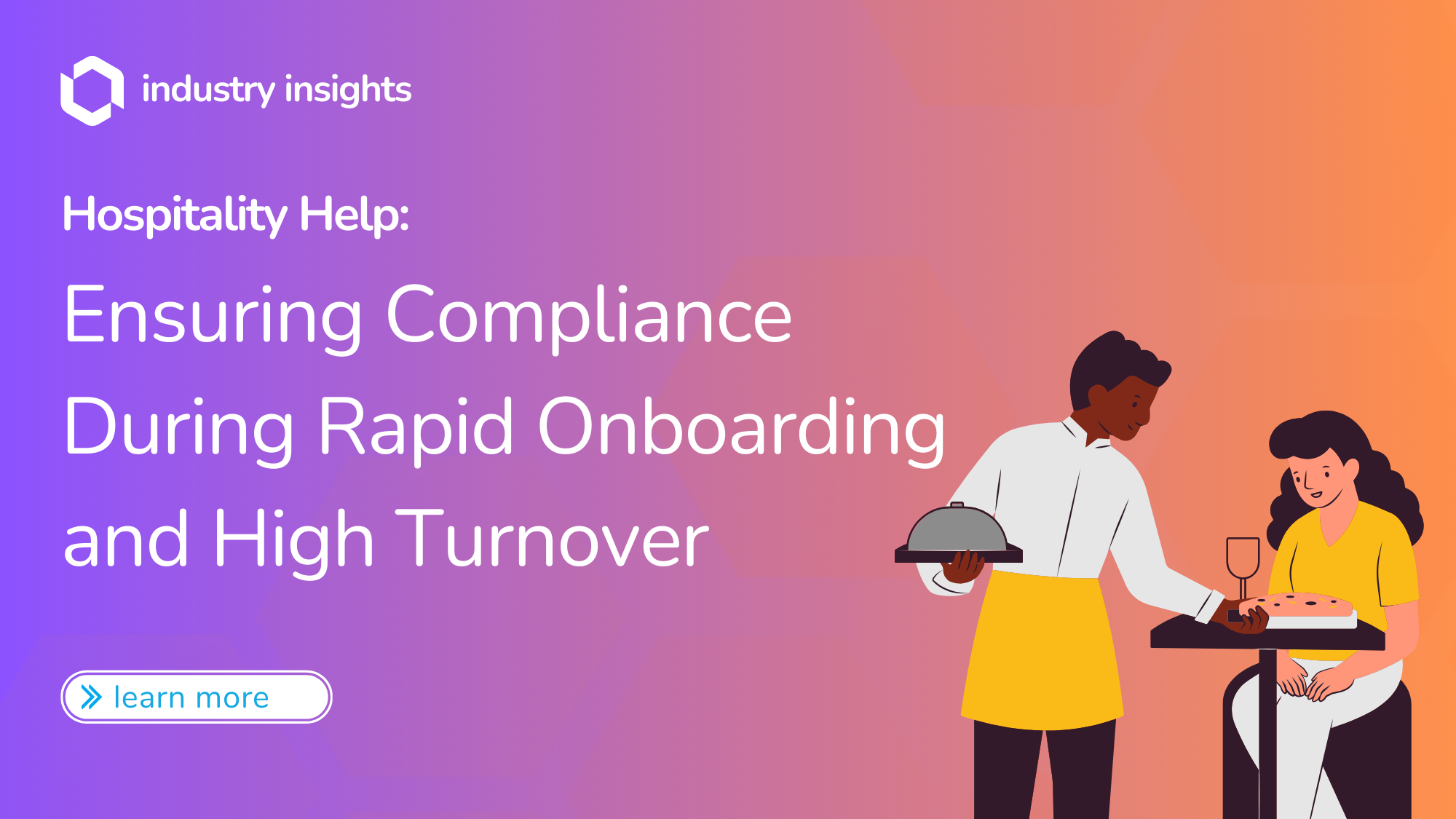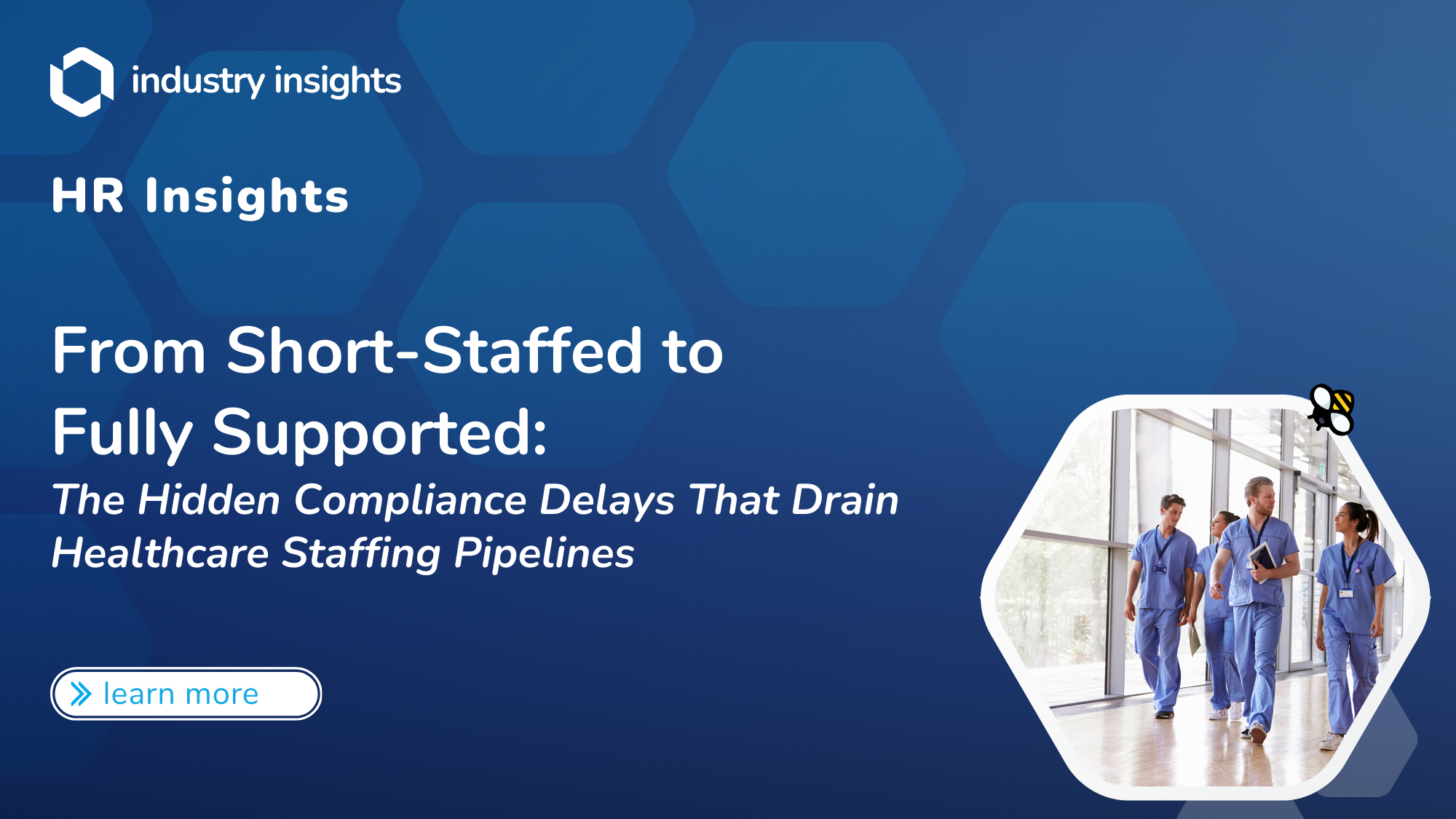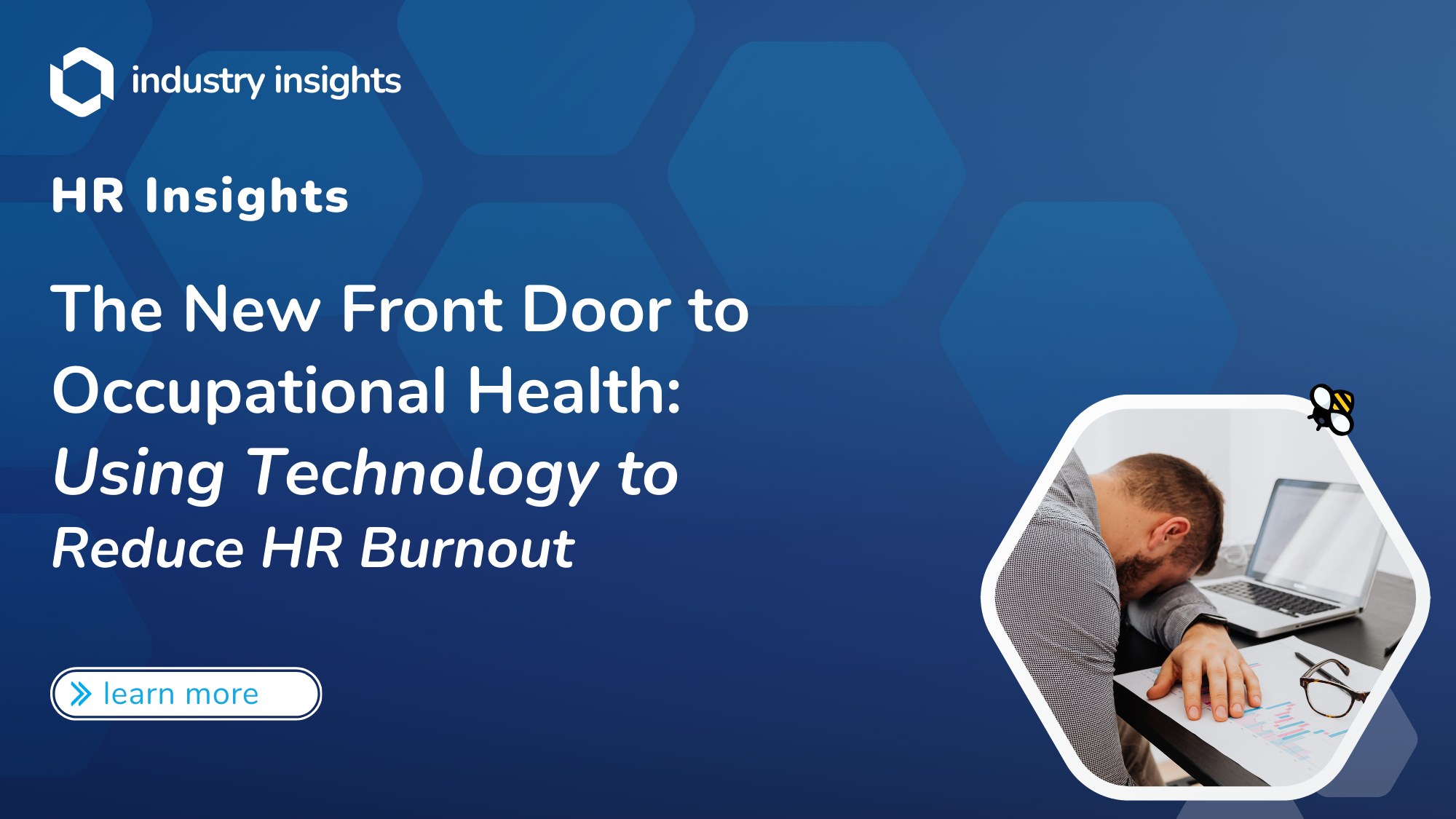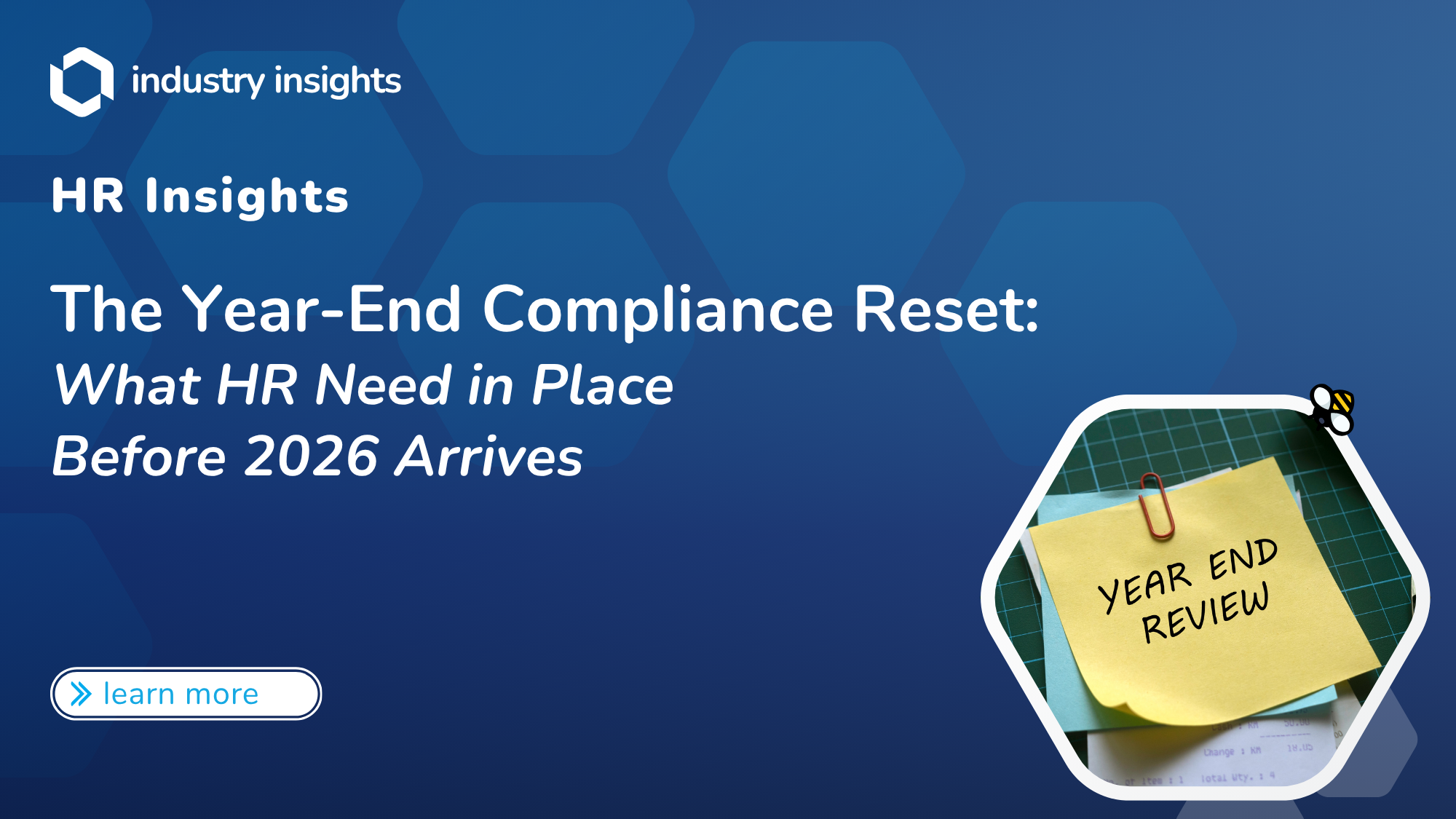In high-turnover industries like hospitality, rapid onboarding is essential for seamless operations; however, maintaining compliance for a constantly changing workforce presents unique challenges. Ensuring that your employees meet necessary health and safety standards is critical for employee and customer safety, as well as legal compliance.
Effective compliance strategies help organizations avoid lapsed certifications among employees. This paper will explore key compliance areas, provide best practices for streamlining your compliance management, and create a safer, more compliant workplace.
Challenges in Compliance with High Turnover
In high-turnover industries, you face unique obstacles in maintaining compliance. Fast-paced onboarding, paired with limited time and resources, only adds to the difficulty in ensuring that your new hires are compliant from day one(Redshift Recruiting, 2024).
- Time Constraints and Quick Turnarounds: The need for rapid hiring in the hospitality sector can easily overshadow the compliance process. Screening, vaccinations, and drug tests may be delayed or overlooked when staffing needs are urgent. This challenge often stretches HR teams thin as they balance urgent staffing needs with ensuring compliance for all new hires.
- Expiration and Renewal Tracking: In hospitality, your employees often require periodic renewals of health certifications, such as CPR/First Aid, food safety, vaccinations, and other health screenings. With frequent employee turnover, maintaining accurate certification records becomes a challenge.
- Resource Constraints in HR Departments: In addition to the abovementioned issues, your HR team may not be as robust as you would like. A lack of HR staff can quickly increase the risk of hiring employees without the proper training and clearances, potentially exposing your organization to legal and financial risks.
Key Compliance Areas for Rapid Onboarding
In industries with rapid turnover, ensuring that your new hires meet essential compliance requirements from day one is vital for workplace safety and operational stability. A few key areas that you should prioritize are:
- Health Screenings: Pre-employment screenings are often required for roles involving physical tasks, customer interaction, or food handling. Screenings can identify any underlying health issues that may impact employee performance or pose a risk to others. Periodic screenings may also be necessary to ensure ongoing compliance with industry regulations (Indeed, 2024).
- Vaccination Tracking: Industries that involve direct interaction with members of the public often have specific vaccination requirements. Employers may need to verify that new hires have received necessary immunizations, such as the flu or COVID-19 vaccines, and accurately tracking these records is critical to avoiding potential staff shortages, especially during peak hiring seasons.
- Drug Testing: In safety-sensitive roles, drug testing is a standard part of health compliance and is often required by regulations for roles that involve the operation of machinery, interaction with vulnerable populations, or tasks that involve significant responsibility. Not only should these new hires be screened during their onboarding, but they should also receive periodic screenings throughout their employment.
- Training and Certifications: Certain roles in the hospitality industry may also require specific health certifications or safety training. It is essential, especially in a sector with a high turnover rate, to ensure that new hires have completed the necessary certifications and that these are kept up-to-date.
Best Practices for Maintaining Compliance
Keeping up with your employee’s compliance in the hospitality industry and other related high-turnover sectors requires strategic planning and efficient systems (Harri, 2023). To save you time and energy, here are a few best practices that you can implement:
- Automate Compliance Tracking and Notifications: An automated system for tracking compliance can alleviate many of your team’s stresses and allow you to stay on top of expiring certifications, screenings, and other health requirements.
- Conduct Pre-scheduled Compliance Checks: You should schedule routine compliance checks during off-peak periods to ensure that employees stay up-to-date without disrupting daily workflows.
- Establish Partnerships with Local Health Providers: Building partnerships with local health providers can simplify scheduling for screenings, vaccinations, and drug tests. Established relationships enable faster access to services, which is necessary when onboarding an employee quickly.
- Centralize Health Compliance Records: A centralized database for your employees’ compliance data will make it much easier for you and your team to track expiring credentials and monitor your organization’s compliance status.
- Leverage Employee Self-Service Options: Enabling employees to access their own compliance records and receive reminders can empower your workers to take responsibility for their certifications and screening. Doing so will help reduce the workload on your HR team and encourage your staff to be proactive in their own credentialing.
How BlueHive Can Simplify Compliance During Rapid Hiring Cycles
When it comes to industries with employees rotating in and out on a monthly or seasonal basis, maintaining compliance amidst constant onboarding can be a significant challenge for HR teams. Bluehive’s platform is designed to streamline this process, ensuring your employees are compliant from day one and simplifying ongoing compliance management. Here is how BlueHive supports your team during rapid hiring cycles:
- Centralized Record-Keeping and Real-Time Compliance Tracking: BlueHive provides a centralized digital platform where HR teams can store and access all employee health compliance information. With real-time tracking, it’s easy to monitor which employees are compliant, whose credentials may be expiring, and who may need additional clearances. This centralized system reduces administrative burden and minimizes the risks of missed expirations, helping to keep your workforce operational and compliant.
- Nationwide Provider Network for Fast and Convenient Screenings: BlueHive has cultivated an extensive network of health providers, which you can leverage to schedule necessary screenings, vaccinations, and drug tests and ensure that your new hires are ready on day one. This will also allow your employees to complete their screening at a facility near them, ensuring rapid onboarding and less hassle for your new hire.
- Automated Alerts and Notifications for Renewals: BlueHive’s platform automatically tracks expiration dates for health certifications, training, and medical clearances. With automated notifications and reminders, you will receive timely alerts when a renewal date is approaching, eliminating the need for manual tracking. This proactive approach helps reduce compliance issues and keeps your team ready to work.
- Employee Self-Service for Enhanced Responsibility: Thanks to BlueHive’s self-service portal, you can empower your employees to log in to your company’s custom-branded portal, where they can check their compliance status and receive reminders for required renewals. This self-service portal not only reduces administrative tasks for your HR team but also empowers employees to take ownership of their compliance requirements.
- Data Security and HIPAA Compliance: BlueHive’s platform is built with stringent data security measures, including HIPAA-compliant storage and secure access protocols. This ensures that your employee health records and compliance information are protected, giving your organization peace of mind that sensitive data remains secure.
Conclusion
Maintaining health compliance can be daunting in fast-paced, high-turnover industries like hospitality; however, with the right strategies and tools, HR professionals can ensure a compliant, healthy, and ready-to-work team without sacrificing efficiency. By automating compliance tracking, leveraging a nationwide provider network, and centralizing employee records, BlueHive simplifies the entire process, giving HR teams the confidence to manage rapid onboarding seamlessly. With BlueHive, staying ahead of compliance requirements becomes second nature, empowering organizations to focus more on delivering exceptional service and building a resilient workforce.
Sources
Harri. (2023, April 11). Creating a compliance checklist for hospitality. https://resources.harri.com/blog/creating-compliance-checklist-hospitality/
Indeed. (2024, August 18). What is a pre-employment physical? https://www.indeed.com/career-advice/starting-new-job/pre-employment-physical
Redshift Recruiting. (2024, June 6). Strategies for effective employee onboarding. https://www.redshiftrecruiting.com/career-blog/strategies-for-effective-employee-onboarding




